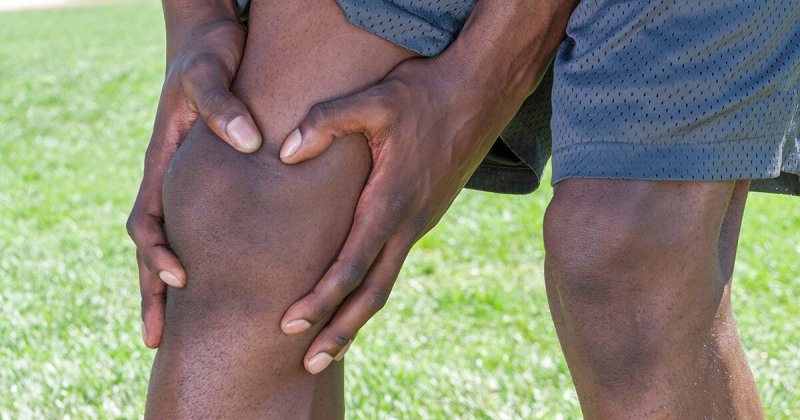Research headed by scientists at Penn State College of Medicine has found that the antidepressant paroxetine can halt the progression of osteoarthritis (OA), and regenerate damaged cartilage in the joints of mice. The team’s study found that paroxetine inhibited GRK2, an enzyme found at high levels in both human tissue and mouse models of the disease, and which acts to promote cartilage damage.
…
Osteoarthritis is a disease of the joints that is characterized by progressive cartilage degeneration, the authors explained. The disorder affects more than 30 million adults in the U.S., where it represents the fifth-leading cause of disability. The team cites figures indicating that osteoarthritis was responsible for $305 million in U.S. healthcare costs in 2013, equivalent to approximately 1% of the country’s gross domestic product.
While some treatments can relieve the symptoms of osteoarthritis, there are currently no therapies that alter or reverse the core mechanisms that damage cartilage in patients.
They are currently seeking FDA approval to start a trial evaluating paroxetine as a treatment for osteoarthritis… “If this trial works, we will have found a new solution to an age-old problem of joints in the body wearing out because of cartilage destruction and loss. We hope to intervene with this disease-modifying treatment for the benefit of our patients,” [said researcher Fadia Kamal.]































